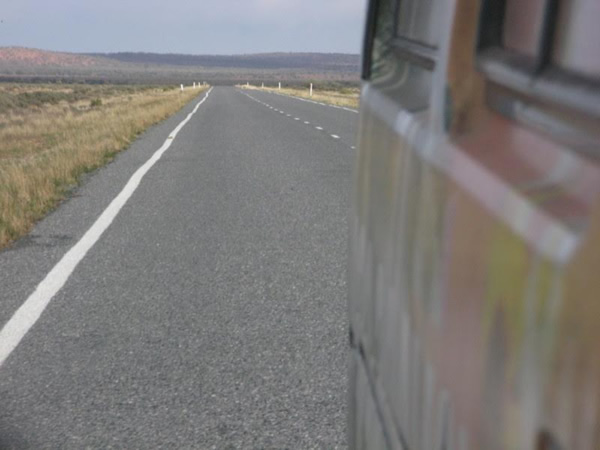I had no plans to step into one of my favorite parables, but sometimes you meet someone in need along a road. Sometimes, it’s really not a choice to walk on by. Sometimes, I can remember what Jesus taught in John 4:9.
Recently, I found myself gathered with friends at a kitchen table in New Mexico, discussing justice, as we do. George yanked off his baseball cap and slammed it on Tom’s table shouting, “Damn it. I’ll drive them there by myself! They’ll be murdered if they’re sent back to El Salvador!”
George, an immigration attorney, explained that a mother (María*) and three young children were following the law and sought asylum in the U.S. But if they returned to El Salvador, Maria would be murdered immediately, the young boys would be conscripted into the gang from which they fled, and that a worse fate awaited her daughter. María had another court date in El Paso in two weeks but had a much better chance if heard by an immigration judge in California. So George had prepared his version of a Motion for Change of Venue to make arrangements to send the family to an attorney in Los Angeles. That’s when I showed up just passing through New Mexico, stopping to have dinner with friends.
Although several churches in this small New Mexico town had raised money for the family’s trip to California — María, her three children, and her boyfriend José — when it was time to volunteer to drive a van of immigrants to Los Angeles, the room fell silent. They said they were afraid of trouble with ICE if the van was stopped and if José did not have papers.
I knew George had a medical condition that would make a solo drive difficult and perhaps dangerous. And then there was that Bible verse: “Truly I say to you, as you did it to one of the least of my brethren you did it to me” (Matthew 25:40). How could I not help? A silent conviction began to settle over me.
I’d never even thought about driving an immigrant family to California. But suddenly what I thought I’d do for the next several days seemed meaningless. There was a larger Law at play than the blistering rhetoric of politics or the fine print of The Law. This family of fellow human beings deserved an application of the Law of Morality. They were my lesson of the Good Samaritan in John 4:9.
I said, “George, I’m going with you.” Tom added, “Me, too. We can’t let you make the trip alone.”
So that was how I found myself in a cramped van with seven other people, heading to California.
The first time Jesús,* María’s five-year old, put his arms around me and smiled up into my face, I was toast. Before long, the kids had me wrapped around their little fingers. But that’s where grandmothers belong. These were my kids, my kin, my kind of people. These were kind people, traveling to a safer place.
For 15 hours in a too small van, I spoke up when I wanted something to eat or drink. However, our new friends asked for nothing. There was not one request, complaint, or argument — from kids or adults.
As time dragged on, I explained to the children that we would get to California in the dark, but that it would be this night “esta noche.” I knew they’d made longer journeys of many, many nights. So I repeated their journey would finally end “esta noche.”
In Arizona, we stopped for gas at a place that reeked of a raw hatred sparked simply by three little brown faces. I didn’t understand the militant attitude of the man behind the counter or the repulsion he was sending by laser beams, but it was clear he was daring us to give him the chance to overreact. To my surprise, his scorn included us “gringos” because we dared to associate with a brown-skinned family. I’d never faced racial hatred; our friends know it on a daily basis. Back on the road, we watched the rear view mirrors, uneasy that the man might call ICE.
Before sunset, we pulled into a rest area for a long-delayed picnic. The kids bolted across the open spaces. They were finally able to be kids — making noise, running, playing tag. I took a group picture. They were all smiling for the first time since we met.
As we settled back into the van for the last leg of their long journey, I heard María begin to hum and then sing softly. Lesson learned: when I get the chance to do the right thing – just do it!
Although we knew that the GPS had guided us to the correct address in downtown Los Angeles, there was so much we didn’t know. But we knew this was the best chance for our immigrant family. This was a neighborhood of brown-skinned people, a place where they blended in.
As the kids shuttled the sea of black garbage bags containing everything they owned to an enclosed porch, I noticed María standing alone. I hesitated about invading her private space.
I had no idea what it felt like to live in fear for the lives of your babies. I had no idea what it was like to travel over 2,000 miles with three small children, cross the border, and then be spirited away to what she’d been told was a safer place. I stepped closer and saw her silent tears. I put my arms around her; neither of us spoke.
I hugged my little people. Everyone said their goodbyes, and we drove away. The van felt empty with only three white people inside.
*names changed for confidentiality

